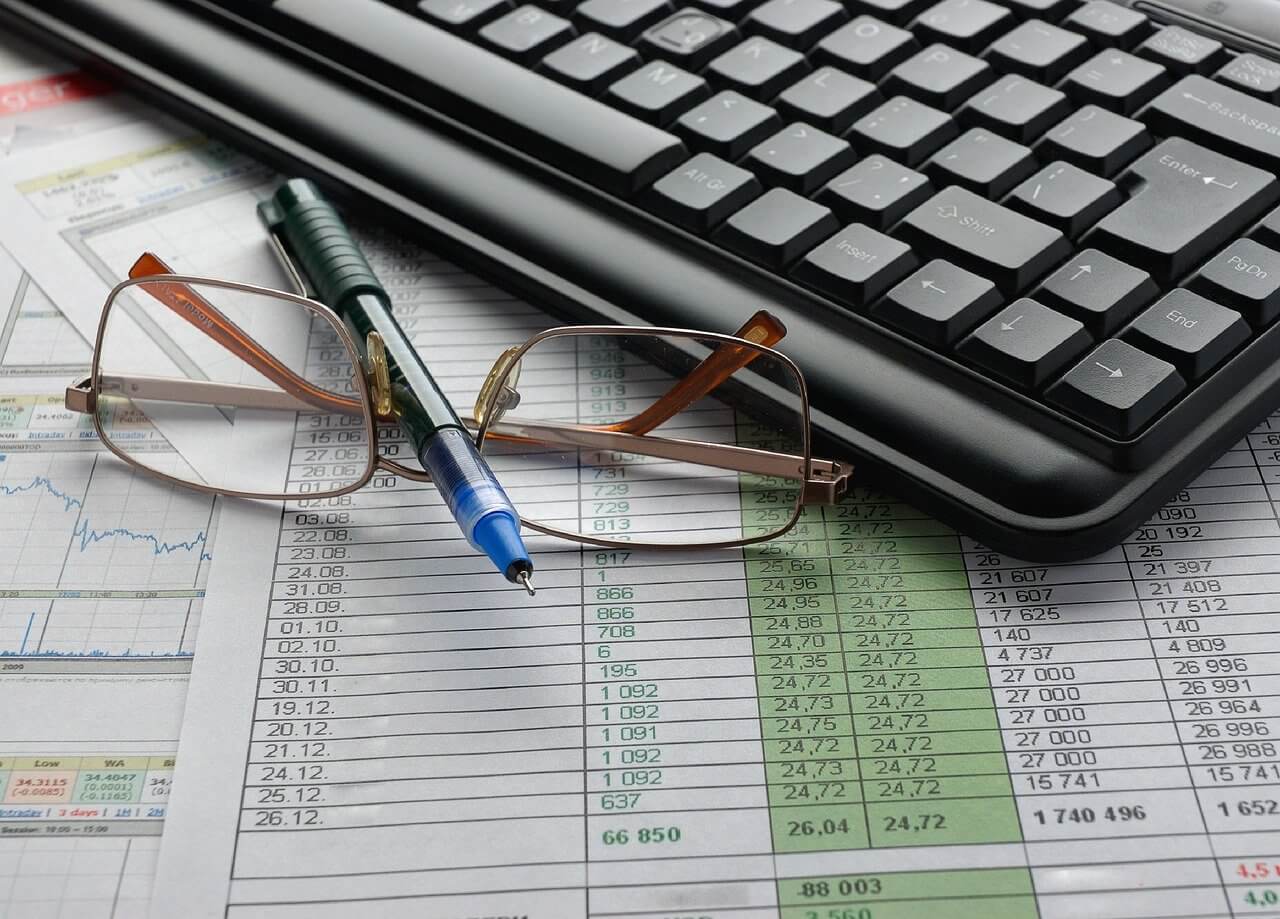Understanding is a prerequisite of the ability to control a situatipn. It is in this respect that accounting is important as a control device.
Accounting provides the basis for making wise decisions through the understanding that is brought about by the proper recording, summarizing, analyzing, and interpreting of relevant economic data.
The primary function of accounting is to serve society. Accounting accomplishes this by arraying and evaluating economic data and by communicating the results to the appropriate groups.

Source : pixabay.com
Two basic questions asked by society are:
- (1) What is the financial position of the firm under consideration?
- (2) How much profit or loss did the firm have during a particular period?
These questions can be answered by the preparation of general-purpose statements, such as balance sheets and income statements. However, various groups desire additional or more detailed infornıation, or want especially prepared information. Such information may be provided through special-purpose statements, such as inventory analyses and analyses of receivables; or, perhaps, only after special studies have been made by the accountant.
From the point of view of accounting, society can be broken down into three major groups: management, public, and government.
Management. Management is composed of ali persons in a firm who are charged with the responsibility of administering the firm’s activities. Management needs to have readily available great masses of detailed information, in addition to general-purpose statements that are prepared periodically.
Public.
From the point of view of a business concern, the “public” consists of employees, creditors (and potential creditors), and investors (and potential investors). The public does not need the detailed information required by management, because it does not have to make the decisions that confront management. Employee groups do not need to know such details as which items were most profitable, which were least profitable, or why some activities were profitable while others were not, for employees do not decide which items to produce or how to produce or market them. However, so that employees can judge the fairness of their wages or negotiate new wage scales intelligently, they must have accounting information on the profîtableness of the firm. The general-purpose statement will usually provide adequate information for this purpose.
Creditors and potential creditors are interested in the safety of advances or loans and the promptness with which repayments may be expected. This can be determined only by recourse to accounting data. In addition to the general-purpose statements, or instead of them, this group may require special-purpose reports providing more detailed accounting information on such things as the state and composition of inventories, the adequacy of working capital, the use to which funds will be placed, the quality of security provided, or the ability to repay on sehedule.
investors are the owners or potential owners of a firm. They are induced to invest their funds because of expected profitable returns in the form of dividends or a future profitable sale of their holdings. Only through intelligent use of accounting data can wise investment decisions be made. This group is interested in a firm’s financial stability and long-run profîtableness.

Source : pixabay.com
Government.
Many different branehes of government at the federal, state, and local levels are interested in the activities of a firm. Broadly speaking, government interest in a business stems from the needs for revenue and control. Revenue may be raised by taxes levied on income, property, sales, or transactions. However, before any taxes can be paid, the tax base must be developed from accounting data.
Governmental control is exercised for the benefit of society as a whole. Control may take the form of requiring certain acts—for example, compelling a public utility to provide service to ali subscribers according to an established rate sehedule; or it may prohibit certain acts, such as the sale of liquor to minors. To exercise control over business firms, governmental divisions and agencies need detailed information about them. Often this information must be provided in a form preseribed by law or custom, as in special reports required by the Internal Revenue Service, the Interstate Commerce Commission, or the Securities and Exchange Commission.
At one time a firm caused suspicion if it kept two sets of records. Today it is quite common and proper for a firm to have two sets of records so that its profits and financial position may be established according to generally accepted accounting principles and, at the same time, data may be provided in tbe manner requested by governmental agencies. For example, for reasons of equity and practicality the rules for establishing taxable income for federal income tax may vary substantially from those for establishing accounting income.